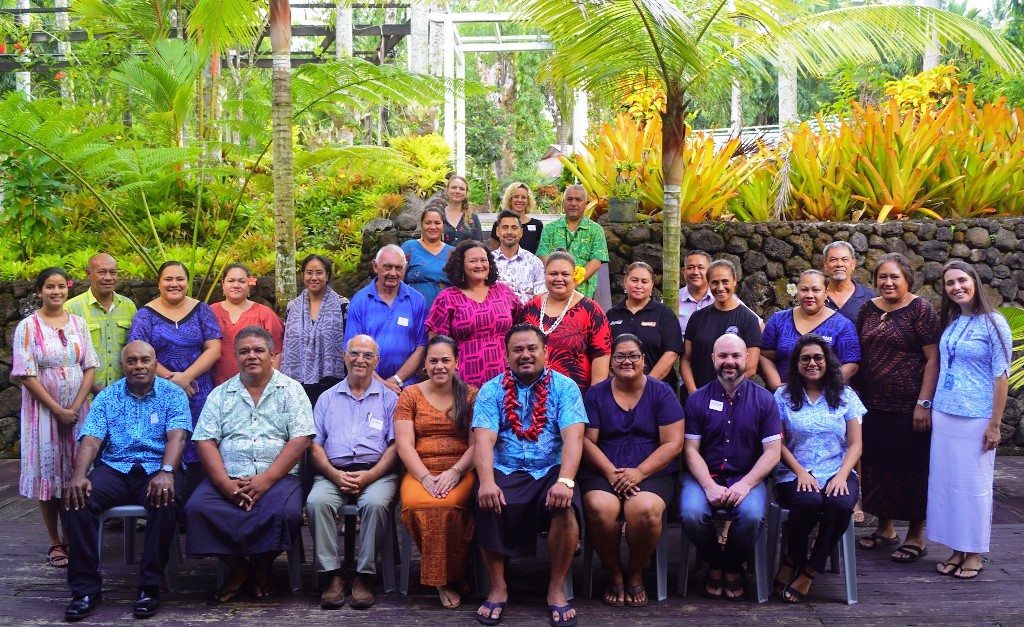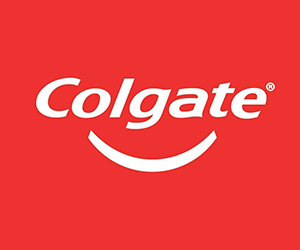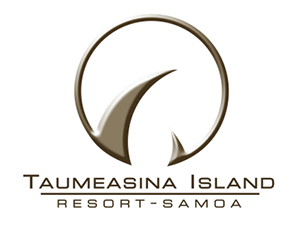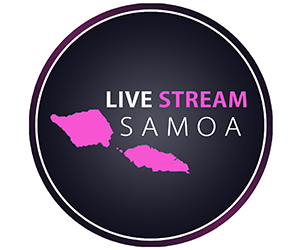Economy
Circular Economy embraced and localized the Samoan way

Apia, SAMOA – 12 April 2024 – The term, Circular Economy, may be considered a new concept by some, but evidence suggests that this has been widely practiced by many Samoans over the years.
The Circular Economy refers to a system that aims to minimise waste and promote a sustainable use of natural resources, through smarter product design, longer use, recycling and more, as well as regenerate nature.
Besides helping tackle the problem of pollution, a Circular Economy can play a critical role in solving other complex challenges such as climate change and biodiversity loss.
In a recent workshop hosted by the Ministry of National Resources and Environment (MNRE), in partnership with the United Nations Development Programme (UNDP), participant Agnes Fruean said that circularity is culturally practiced through our reuse of green waste to produce handicrafts and arts.
“Green waste was always perceived as wealth in the olden days,” said Agnes Fruean of This N That, a local business that specializes in repurposing waste products, such as discarded fabrics and materials, into bags and other accessories.
“There is a growing market for eco-friendly products made from sustainable resources. However, there is no thriving ecosystem and business-enabling environment locally to upscale value chains and market access to maximize the circularity of man-made waste.”
Waste continues to be a challenge in Samoa, and the continued reliance on imports of manufactured goods has impacted the natural environment due to the increased generation of plastic waste and related pollution. Solutions need to be found, urgently.
The Government of Samoa, through it’s efforts to establish a stand alone Waste Management and Pollution Control Division, prioritises the need for effective measures for waste management and is greatly supportive of the Circular Economy approach, channelled through the CERO Waste Project.
“Our Circular Economy portfolio should mean that our collective commitments, efforts and most importantly, our actions, are complementary, whether it be from the public or private sector as well as civil society,” said Fuimaono Katenia Rasch, Assistant Chief Executive Officer, MNRE Waste Management and Pollution Control Division.
Applying the Samoan way of green waste regeneration to localise the shift towards a circular economy of man-made waste can potentially create new opportunities for economic growth and innovation. By promoting circularity on existing best practices within Samoa and from around the region through recycling, reusing and repurposing materials, there is potential for local industries to turn green and biodegradable.
For this to happen, there needs to be a shift in mindset and behaviour. Workshop participants said unless there is a shift in the demand for these imported products, waste will continue to be major, unsustainable problem for Samoa.















